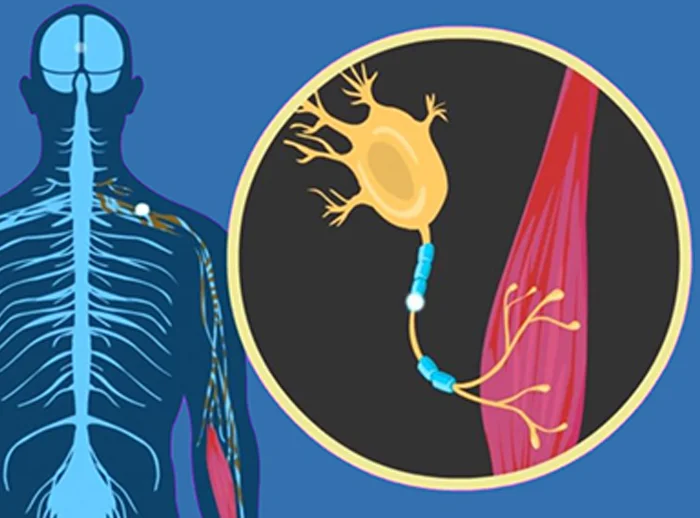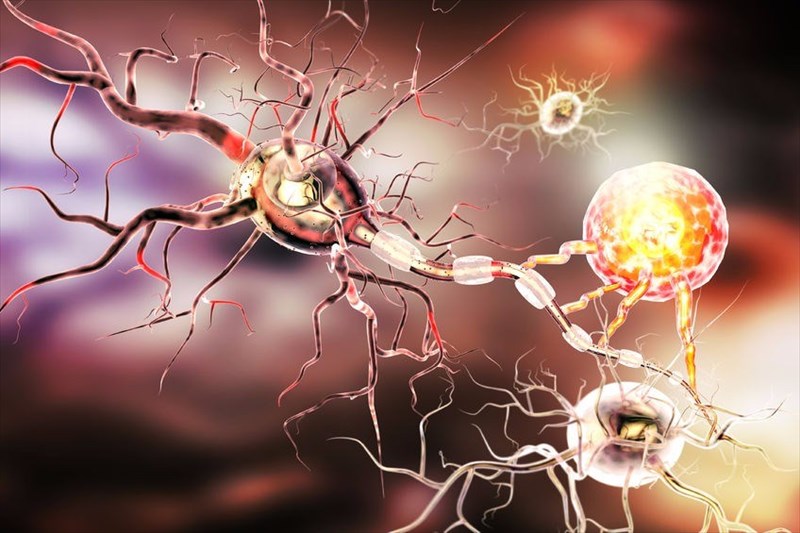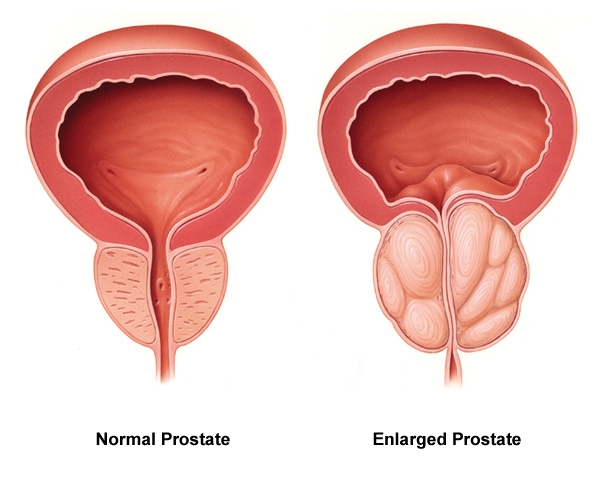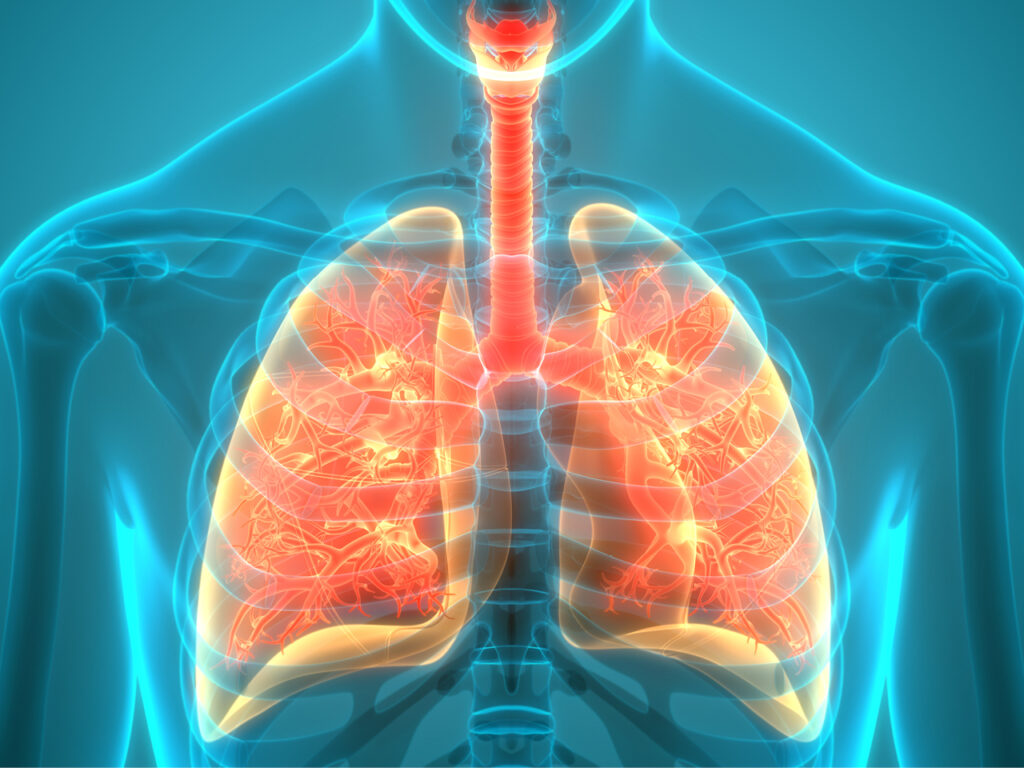Eating Disorder
Definition of Eating Disorder An eating disorder is a serious mental health condition marked by abnormal eating behaviors that negatively impact a person’s physical health, emotional well-being, and overall quality of life. These disorders often involve an unhealthy obsession with food, body weight, or body image, leading to behaviors like extreme food restriction, binge eating, …















